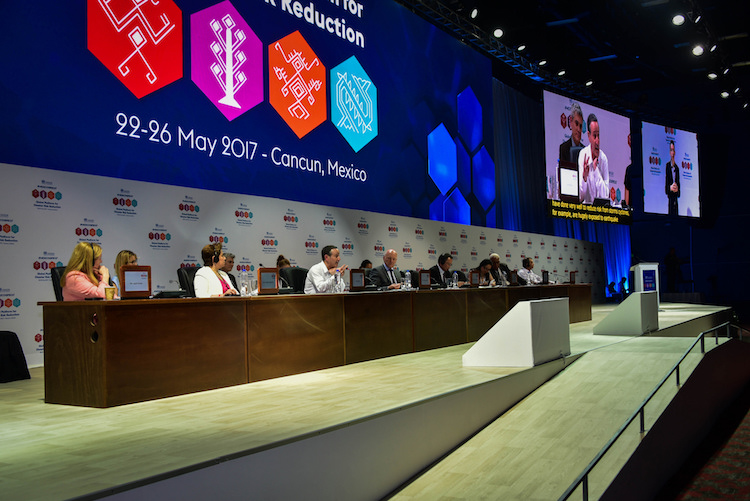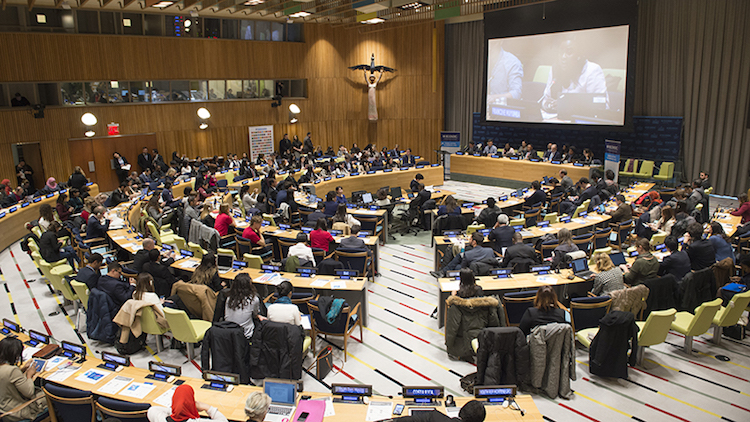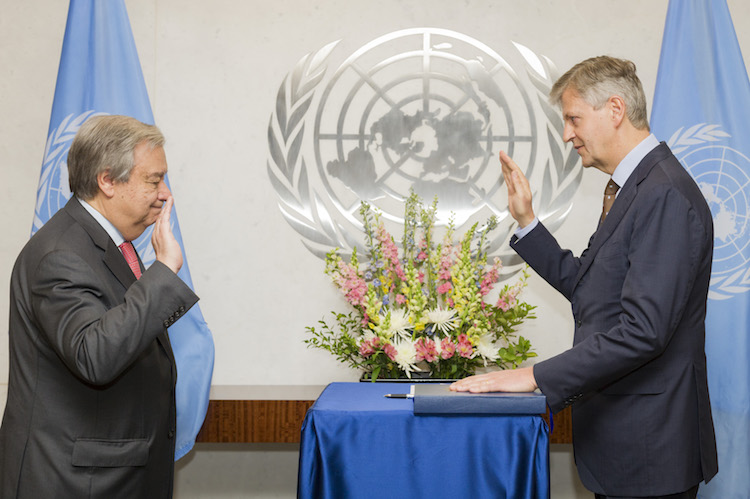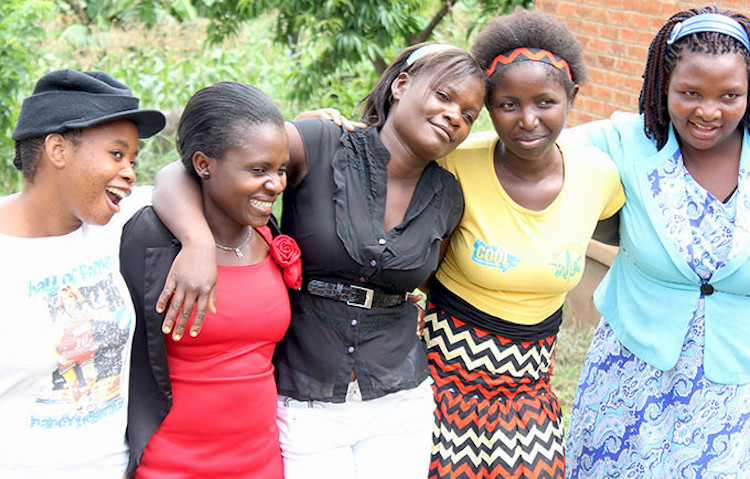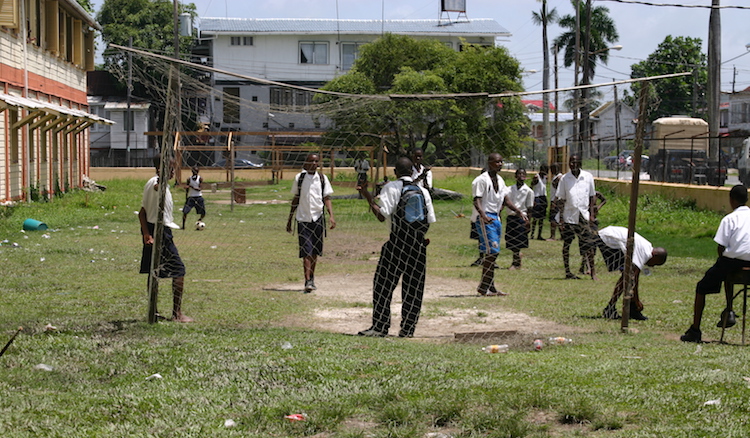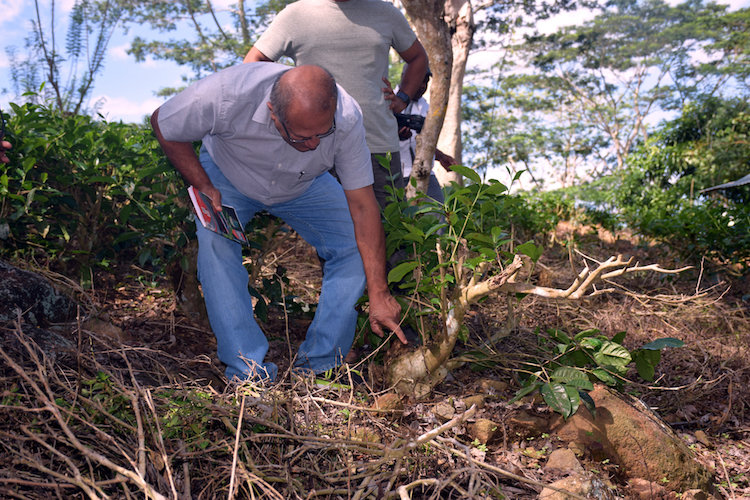Oceans in Crisis Around Africa
By Jeffrey Moyo
HARARE (IDN) – As soon as dusk falls, Petina Dube emerges from her house balancing a sack full of garbage which has been lying uncollected in her yard amid reports that the municipal garbage collectors have no fuel to carry out their job across many residential areas in the Zimbabwean capital, Harare.
At the age of 43, Dube, a resident of Warren Park high density suburb in Harare, apparently does not care where the garbage will go after she dumps it. “I am honestly not worried about where this garbage will end up; I will just dump it by a stream not far from here,” says Dube.But for many environmental experts like Happson Chikova, who holds a degree in environmental studies from Zimbabwe’s Midlands State University, waste dumped anywhere eventually ends up in oceans and this spells bad news for marine life. (P11) HINDI|JAPANESE TEXT VERSION PDF | PORTUGUESE
…





